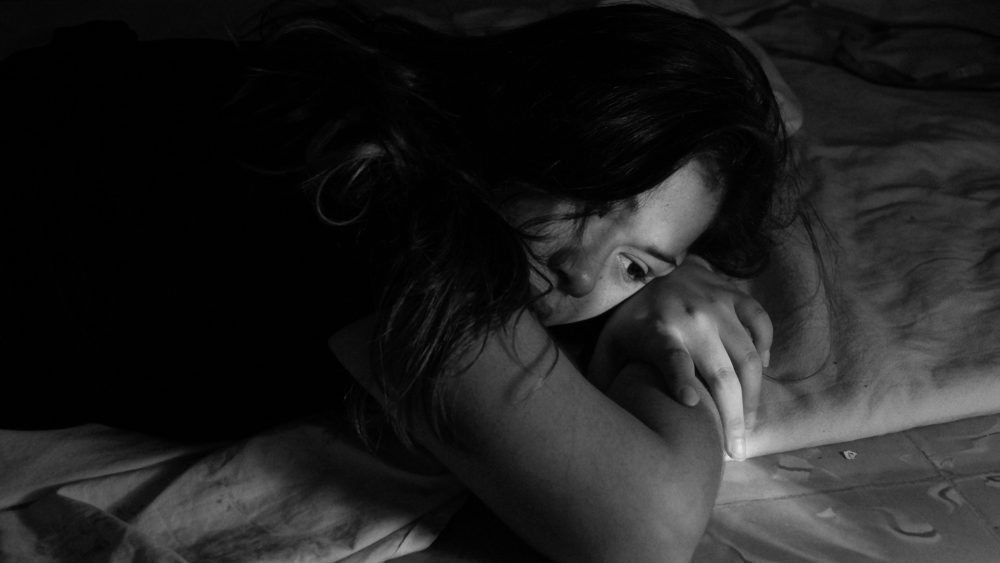Abuse
Abuse is a topic that I am frequently asked about. It is a term that describes a situation in which a person is treated in a way that is harmful to them. Abuse can happen to anyone, at any time. Abuse can be physical, it can be psychological or it can be emotional. The effects of abuse can and does, last a lifetime. If you have suffered abuse during your childhood, or at any stage in your past, you may find that you have been and continue to be, contending with complex feelings, disturbing flashbacks and unwanted memories. This is particularly the case if the abuse you experienced was violent or sexual in nature. Whether your abuse took place several years ago or several decades ago, you do not have to suffer in silence nor struggle to cope with the burden alone. It is never too late to seek support.
What is past abuse?
Past abuse, also known as non-recent abuse, encompasses abuse that occurred at an earlier stage in a person’s life. Normally, the term describes an abuse that occurred during the phases of childhood or early teenage years. Technically speaking, it also includes any abuse that occurred in the past, whether you were a child or an adult at the time.
What might survivors of past abuse experience?
Self-blame or lack of confidence: Survivors of abuse frequently blame themselves, broken by an overwhelming sense of shame or guilt or fear following the event or indeed multiple events that have taken place. Abusers notoriously make their victims feel this way, through manipulative actions intended to control, blame, shame or humiliate. Survivors often lack confidence and ambition moving forwards in their lives, feeling limited by the world and reluctant to trust any positive opportunities that they may encounter.
Memory suppression: As with all traumatic incidents, survivors of past abuse are often dealing with suppressed memories of the event, even years down the line. This is a physiological response that assists the individual to cope. However, memories are likely to be triggered in time whereby survivors are hit with disturbing flashbacks and emotions that are incredibly difficult to control, let alone overcome.
Poor health: Poor physical health is common for survivors of past abuse. This can be due to a variety of reasons, be it failure to sleep or an inability to adjust to a normal life. Poor mental health is sadly also incredibly common. This includes mental health problems such as mood disorders, depression, eating disorders or anxiety.
Difficulty in maintaining relationships: This is particularly the case if the abuse was violent or sexual in nature. Adult survivors often find it incredibly difficult to be intimate with their partners, both physically and emotionally. Trust may also be a massive issue to conquer.
Difficulty as a parent: It is often the case for a survivor that witnessing their children turn the same age as they were when the abuse occurred can trigger unwanted memories and emotions.
Drug or alcohol dependency: In order to cope with the trauma of what has happened, survivors will often turn to drugs or alcohol to quell the pain and disturbance they endure day after day, year after year. This however, in the long term, can prove incredibly damaging, causing their symptoms to become far worse in the long run.
Self-harm or suicidal thoughts: Often survivors of past abuse struggle to lead a normal life and suffer daily the turmoil of their experience. If you or somebody that you know is self- harming or experiencing suicidal thoughts, seek immediate support from the emergency services, a doctor or a mental health professional without delay.
What can you do?
As a survivor of abuse, it is always important to be mindful that you decide what happens in the aftermath of your experience. It is your decision as to what path it is that you wish to take with regards to seeking support. It is your right to report any abuse that you endured to the police, no matter how long ago it was. It is also your right not to.
If you do decide to report past abuse, have courage. You have most likely been carrying this secret for a significant amount of time, if not for the majority of your life. Consequently, opening up about your experience may seem to be an impossible task, but it is one that you can absolutely manage.
Whether you choose to report what happened to you or not, consider seeking mental health support from a therapist or a doctor. The therapeutic process can assist you in the healing process whilst also supporting you through whatever action you wish to take.
To repeat once more, if you are self-harming or experiencing suicidal thoughts, as many past abuse survivors often do, please do not hesitate to seek help from the emergency services, your doctor, a mental health professional or a trusted friend or family member right away. What happened to you was NOT your fault. Do not live with overwhelming fear, shame or guilt. Know that these emotions are normal to feel given the trauma that you have been subjected to. However, the shame and the guilt and the fear that you feel is not yours to carry, it is for the abuser alone to bear those afflictions.
You deserve to lead a contented life, with a sense of security and inner peace. Reach out for support. You CAN recover from this.
Wishing you happiness and good mental health,
Caroline




